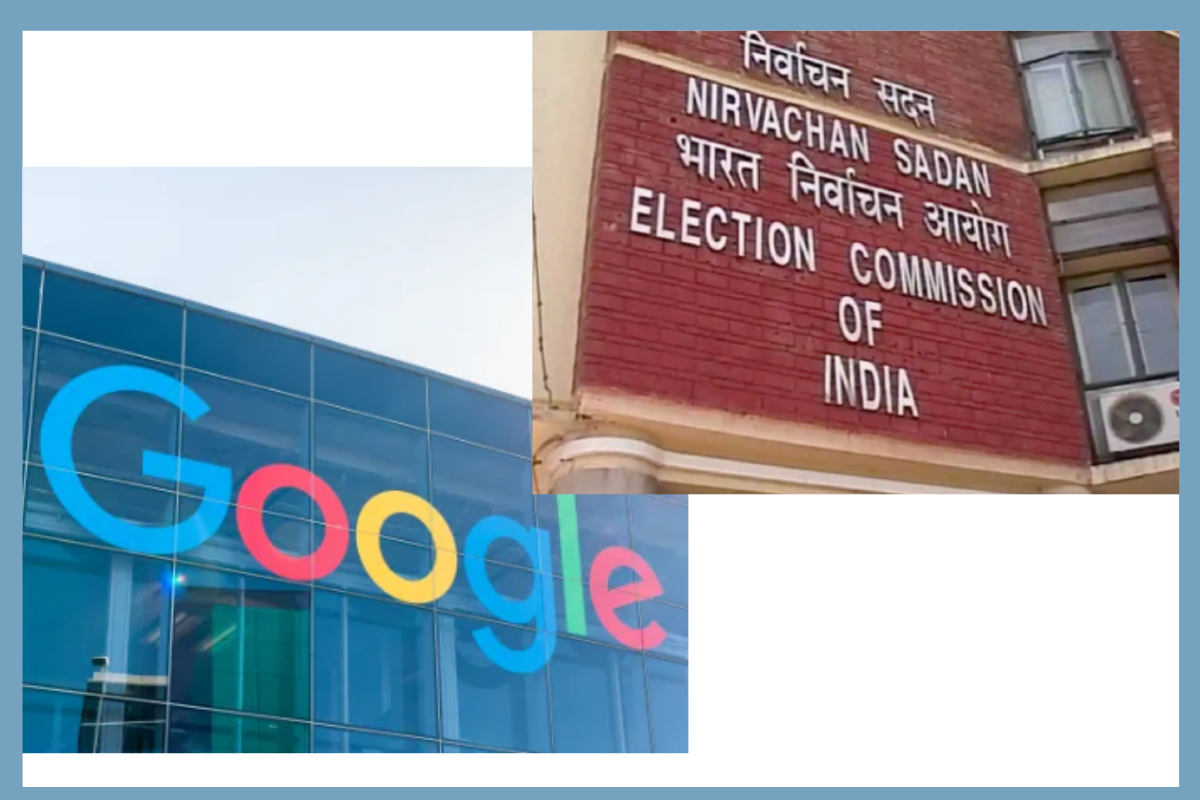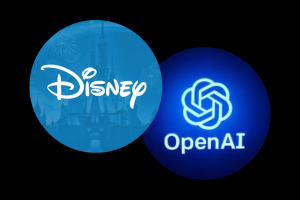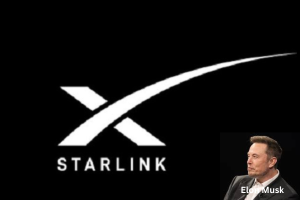With the Lok Sabha elections approaching, millions of Indians are gearing up to exercise their democratic right, and internet giant Google is contributing to a safe and secure voting environment. The business just released a press statement outlining its all-encompassing plan to protect its platforms, empower voters, and fight misinformation—as well as how artificial intelligence would be used to achieve these goals. Let’s examine this.
First off, Google and the Election Commission of India (ECI) are working together to make essential voting information, such as registration and voting procedures, available on Google Search and YouTube in both Hindi and English.
YouTube will also offer election information panels with candidate bios and registration instructions, so viewers can be sure they are getting their information from reliable sources. Content from reliable sources will be prominently displayed by the platform’s recommendation system will prominently include election-related content from reliable publishers.
Google claims that safeguarding election integrity is a primary concern and that it is using a multifaceted strategy to fight abuse and false material on its platforms. The search engine behemoth has reaffirmed that it has stringent standards in place to deal with misinformation, hate speech, harassment, and other abuses that could jeopardize democracy.
However, Google is also acting differently this time. Additionally, it is using machine learning and sophisticated AI models to detect and eliminate content that breaches its regulations on a large scale. The business claims to have tasked a committed group of native speakers of all the major Indian languages to offer pertinent context and guarantee prompt action against new dangers.
Google is also limiting the number of people who can run ads on its networks. For every election advertisement they want to run, advertisers need to go through an identity verification process and get a pre-certificate from the ECI or other authorized agencies. The advertisements must also have unambiguous disclaimers that list the sponsor’s name.
Furthermore, to combat false information, Google regularly collaborates with fact-checkers, news organizations, and other stakeholders. By means of programs such as the Fact Check Explorer tool, the Google News Initiative Training Network, and collaborations with organizations like Shakti and the India Election Fact-Checking Collective, the company is assisting in the debunking of false information, identifying deepfakes, and establishing a common platform for addressing misinformation issues on a large scale.







